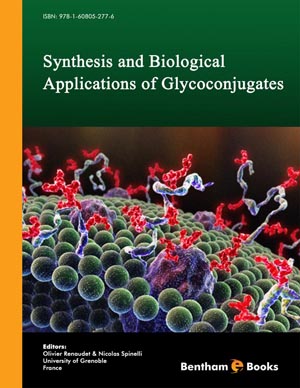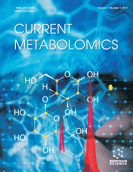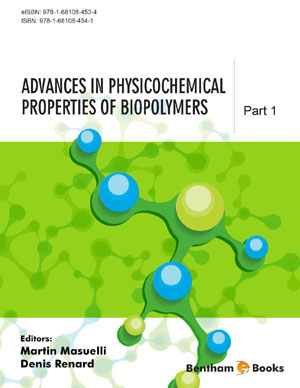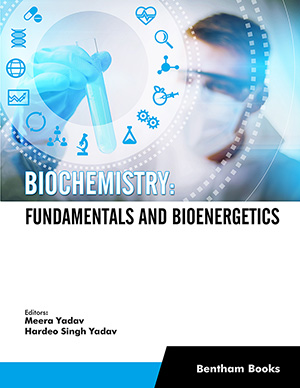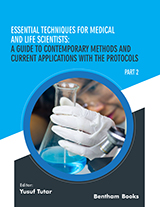Abstract
Dendrimers, displaying a regularly branched tree-like structure, offer an optimal synthetic platform to explore multivalency effects, in particular to construct bioactive glycoclusters as ligands for lectins. We have used combinatorial peptide chemistry to prepare glycopeptide dendrimer libraries as glycoclusters of the general structure (sugar-XXX)4(LysXXX)2LysXXXNH2 (X = alpha-amino acid, Lys = branching lysine residue). Binding assay was performed on such combinatorial libraries bearing an alpha-C-fucoside endgroup, and led to the discovery of strong ligands for the fucose specific lectin LecB from Pseudomonas aeruginosa. These dendrimers are potent inhibitors of biofilms, and require a tetravalent ligand for activity. In a related approach, involving binding assay to cancer cells using galactosylated glycopeptide dendrimers led to drug-delivery dendrimers. In both cases the amino acid composition of the dendrimer branches strongly influences the biological activity of the glycoclusters in addition to the simple multivalency effects, demonstrating the utility of peptide chemistry for systematically optimizing physicochemical and biological properties of the dendrimers.
Keywords: Combinatorial chemistry, peptides, solid-phase synthesis, C-glycosides, lectins, drug delivery, galactose, fucose


